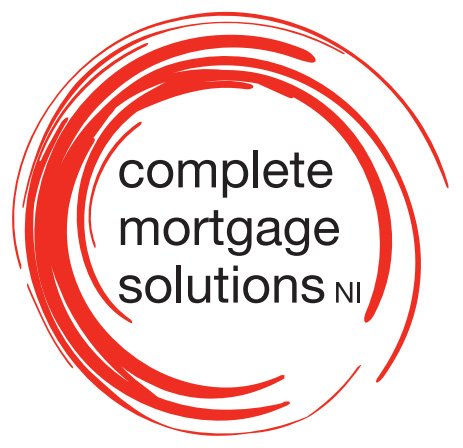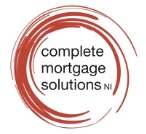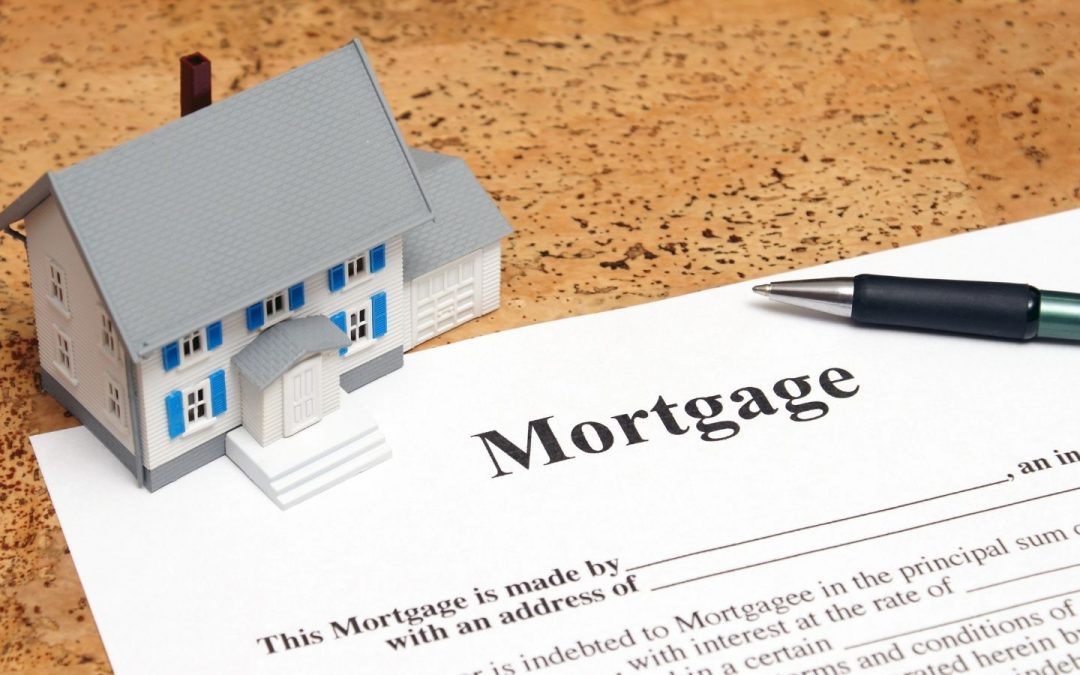If you’re a first-time buyer, you already know how difficult it is to climb on the property ladder in today’s market. The value of deposits is on the rise in tandem with property prices. And mortgage lenders have a lot of rigorous conditions that must be met before they would grant you a loan. This makes things difficult for first-time buyers. To add to the complexity, the mortgage application process may be lengthy and time-consuming, with several stages and processes.
We’ve put together this guide to help you make sense of it all. It will explain to you exactly what you need to acquire a mortgage.
What are the requirements for obtaining a mortgage?
A deposit, evidence of identification and income, and a good credit rating are all required to obtain a mortgage. Mortgage lenders have stringent lending eligibility requirements in place to guarantee that you can afford the monthly payments. A mortgage loan is a significant investment for the lender, typically in the tens or hundreds of thousands of pounds. So it’s only reasonable that they’ll need to thoroughly examine each application to protect their investment. We’ll go through everything you’ll need to acquire a mortgage below.
Deposit
Finding the money for a deposit is the most challenging element when starting to apply for a mortgage for many. House prices continue to climb year after year, which is fantastic for homeowners but makes things difficult for first-time buyers who must now come up with large deposits. Last year, the average deposit for a first house was a whopping £32,899, so it’s no surprise that saving is so difficult.
The deposit is a one-time payment that permits you to purchase a piece of the property entirely. When you pay a deposit, it reduces the risk for both the borrower and the lender since it ensures that you will not be in negative equity if the value of your house decreases. Before a lender agrees to grant you a loan, they will usually want a 10% deposit. However, some, such as the government’s Help to Buy Equity Loan, would take a 5% deposit.
What papers do I need to apply for a mortgage?
Your mortgage provider will need confirmation of your identification and other essential information, as well as proof of your income and documentation of your spending patterns. So, before you start filling out your application, gather the necessary documents:
- A passport or a driver’s licence. Remember that this must be current and valid, and the address on your ID must match your actual address.
- You must verify your current address (e.g. utility bills that have been sent to you in the post).
- You must disclose any benefits you receive.
- Your workplace should provide you with a P60 form.
- Payslips for the last three months. The lender may also contact your employer for a reference.
- Bank statements for the past 3–6 months.
If you’re self-employed, you’ll need to provide the following papers to apply for a mortgage:
- Your accountant’s statement of finances for the last two to three years.
- An SA302 tax return is a type of tax return that is used to report income (Tax Calculation & Tax Overview).
- To support your tax return, you’ll need bank statements and any supplemental documentation.
- You’ll also need to give information on the home you’re buying, your conveyancer, and your estate agent as part of the application process. Before you choose a solicitor, make sure they are on your lender’s approved conveyancer list, as this can cause delays if you need to transfer lenders later.
If you are a first-time buyer and need assistance with buying your first home, give Neil (07530821821) or Jonathan (07789264548) a call today, or alternatively, you can fill out our contact form, and we will get back to you as soon as we can. We look forward to hearing from you!


